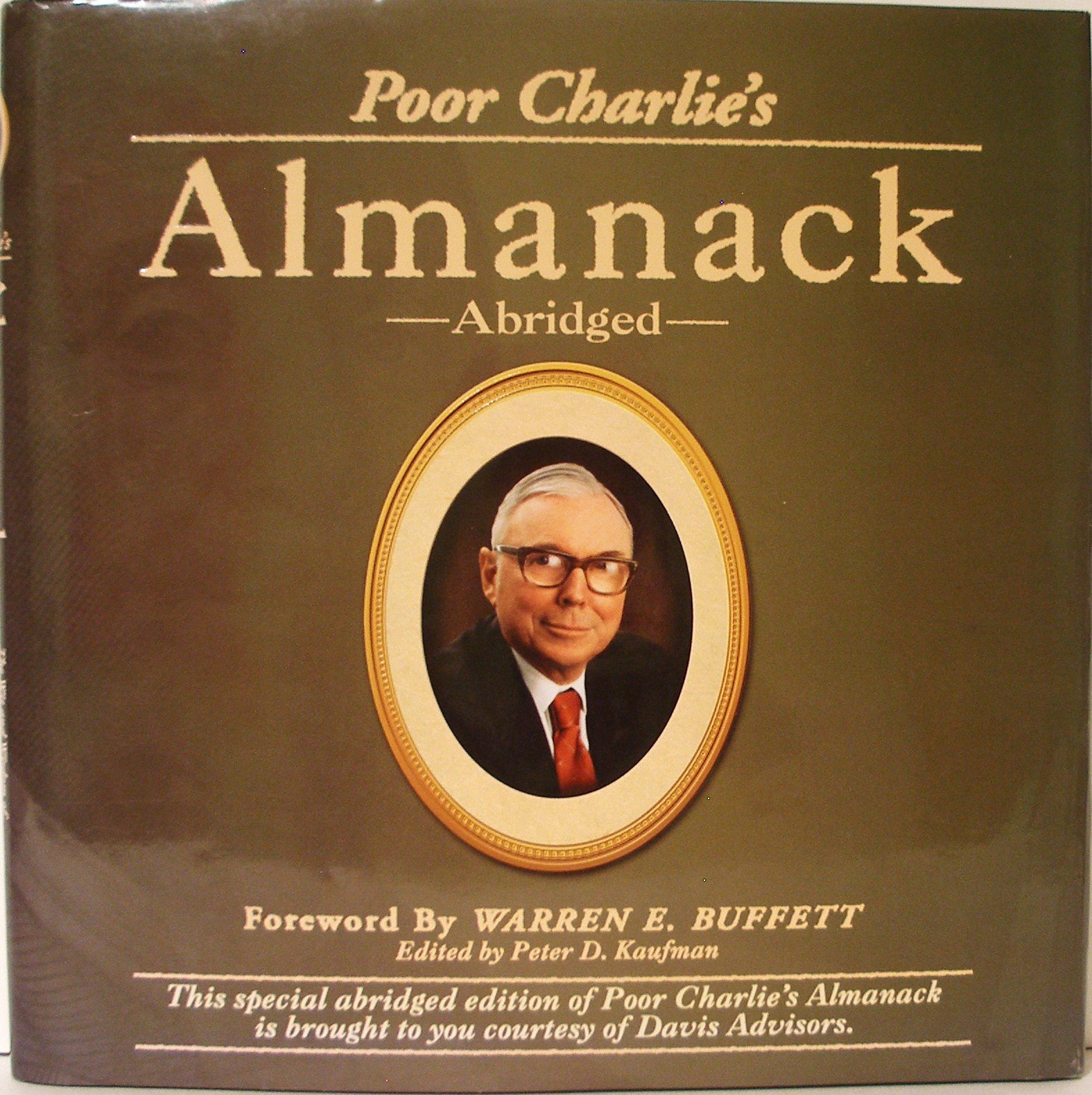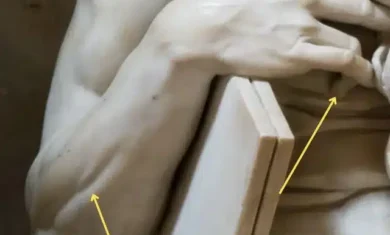I’m a big believer in admitting when you don’t know the answer. That kind of truthfulness in meetings leads to better results, and ideally leads to additional learning by being less wrong than I was before.
In “Poor Charlie’s Almanack“, Charlie Munger compares people who think they’re never wrong with bees that don’t know how to properly signal to the rest of the hive in certain situations. From his book:
There’s another type of person I compare to an example from biology: When a bee finds nectar, it comes back and does a little dance that tells the rest of the hive, as a matter of genetic programming, which direction to go and how far. So about 40 or 50 years ago, some clever scientist stuck the nectar straight up. Well, the nectar’s never straight up in the ordinary life of a bee. The nectar’s out. So the bee finds the nectar and returns to the hive. But it doesn’t have the genetic programming to do a dance that says straight up.
So what does it do? Well, if it were like Jack Welch, it would just sit there. But what it actually does is to dance this incoherent dance that gums things up. A lot of people are like that bee. They attempt to answer a question like that. And that is a huge mistake. Nobody expects you to know everything about everything. I try to get rid of people who always confidently answer questions about which they don’t have any real knowledge. To me, they’re like the bee dancing its incoherent dance. They’re just screwing up the hive.
I know where my team is strong and I know where they’re individually weak. As a team, we cover the major weak spots with one another. Robert can help us understand a client and their needs, Elena can create the vision to showcase it, Ashlea can bring it to life, etc. None of them need to pretend to know the answers outside of their circle of competence.
“I don’t know” remains one of the best things you can say, and it certainly is better than dancing like an incoherent bee.




